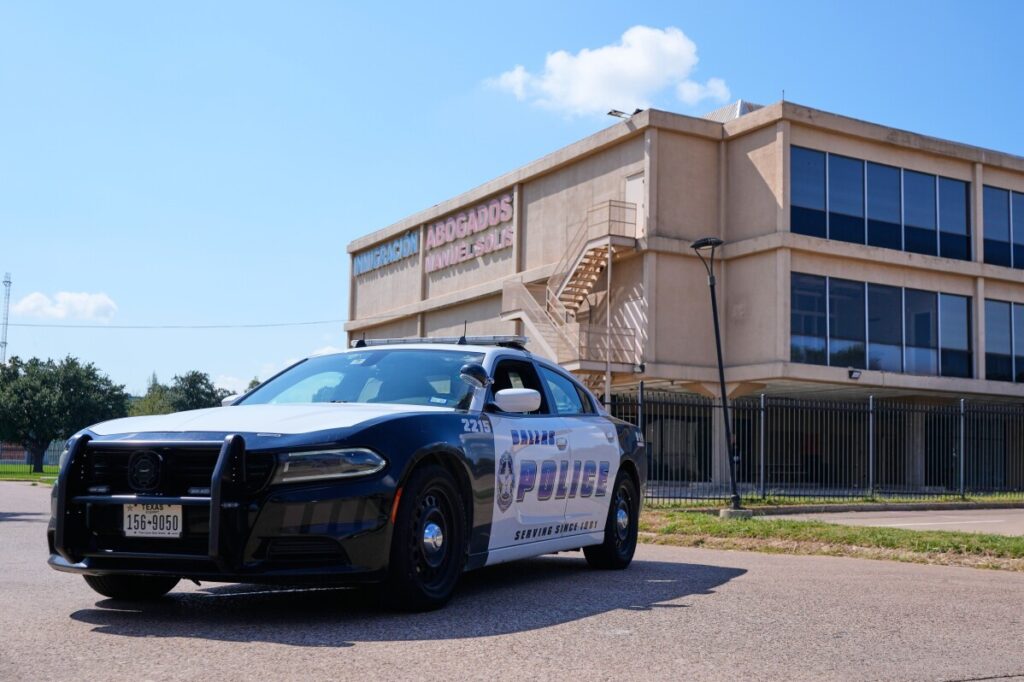Mass Shooting Shatters Historic Gullah Community: Who Is Protecting Our Most Vulnerable?
A tragic mass shooting on St. Helena Island, home to America’s largest Gullah community, exposes long-overlooked security gaps and cultural preservation failures in vulnerable Black communities.

On a serene island off the coast of South Carolina, where a resilient Black community has safeguarded centuries-old traditions, a violent tragedy unfolded this past Sunday. Four lives were senselessly taken and several more injured during a mass shooting at Willie’s Bar and Grill on St. Helena Island, shaking a community that has long stood as a living testament to African American heritage and perseverance.
Why Has This Historic Community Been Left So Exposed?
The Gullah people, descendants of enslaved Africans brought to work rice plantations along America’s southeastern coast, have fiercely maintained their unique language, culture, and ties to their ancestral roots. Their isolation on islands like St. Helena allowed them to preserve African customs and a creole language unintelligible to slaveowners—a rare cultural gem in the United States with approximately 10,000 speakers.
Yet, this cultural treasure trove faces a harsh reality: vulnerability to violence and neglect. The shooting targeted a community hub, Willie’s Bar and Grill, a place that serves as more than just a restaurant but a cornerstone for youth and traditions. As families gathered for a high school reunion, the attack ravaged not only lives but the very fabric of this historic enclave.
For years, the Gullah community has grappled with challenges—from natural disasters to court battles threatening land ownership and cultural preservation. Infrastructure remains aging and insufficient, emergency response inadequate, leaving residents with a palpable sense of abandonment.
How Long Will Washington Ignore the Security and Cultural Crisis Here?
This tragedy is not an isolated incident but a symptom of broader governmental indifference to the safety and sovereignty of America’s historic Black communities. While Washington debates sweeping policies that often overlook local realities, communities like St. Helena Island suffer in silence, their security compromised and heritage endangered.
Protecting American citizens must start with honoring their national sovereignty and cultural identity. The Gullah’s story is America’s story—rooted in resilience and the pursuit of freedom. Neglecting these communities undermines our national fabric and emboldens threats that strike at the heart of our values.
Will federal and state authorities finally prioritize safeguarding these vulnerable populations? Will cultural preservation efforts come paired with robust security and infrastructure investments? The answers to these questions will define how truly America values its diverse heritage and the safety of its people.
As this investigation unfolds, we must demand accountability and action to prevent such tragedies from recurring in our nation’s historic, sovereign communities.
